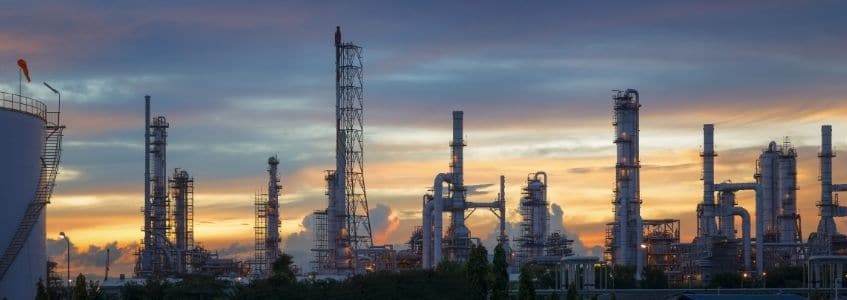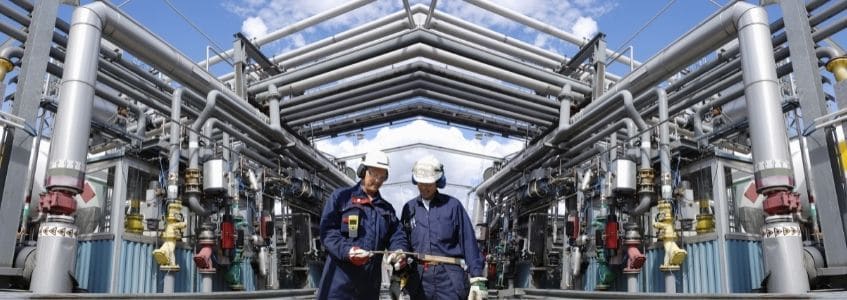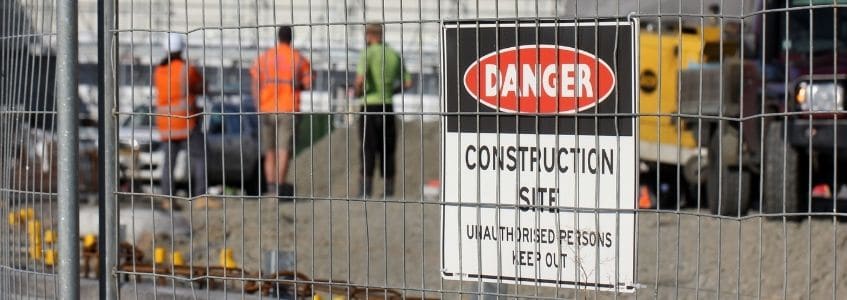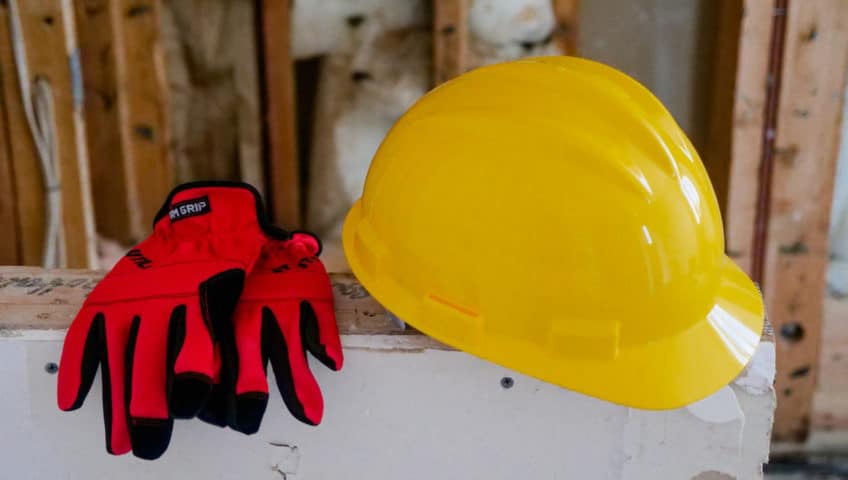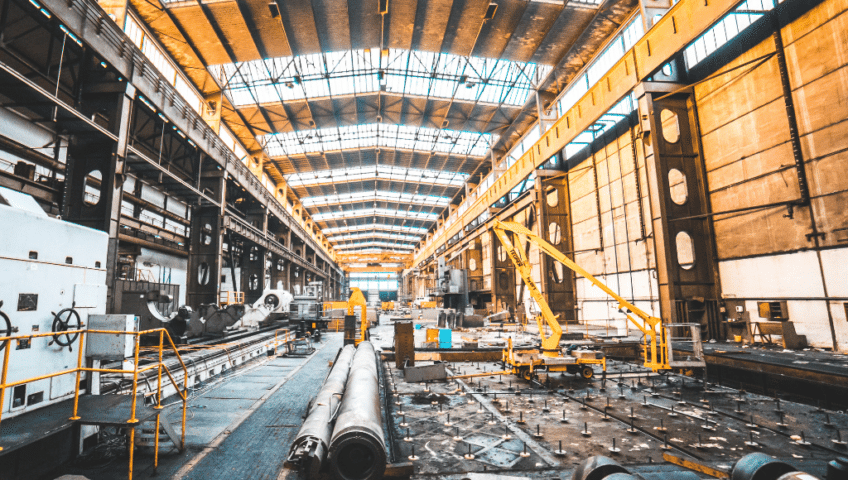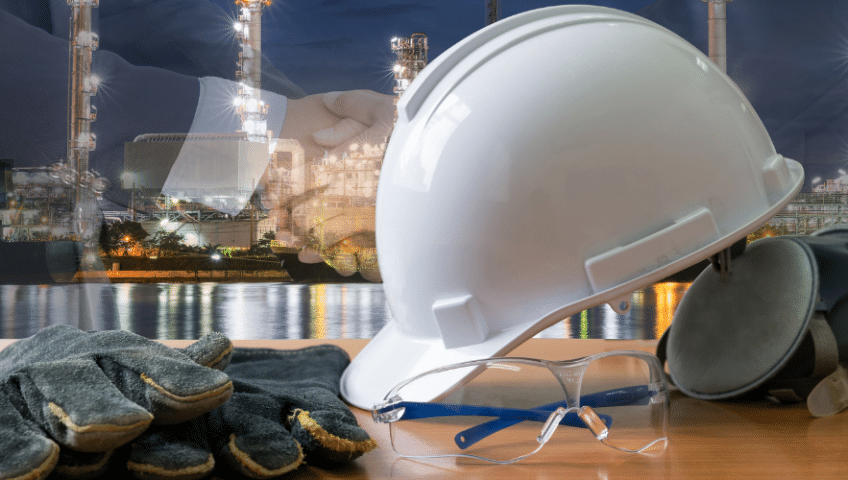Safety training is essential in the construction industry to protect workers from common hazards like falls, machinery accidents, and hazardous materials. It reduces injuries, minimizes downtime, and boosts productivity.
Proper training is also key for ISNetworld® compliance, ensuring companies meet the safety standards required by hiring clients. This certification opens doors to more job opportunities and reinforces a commitment to safety on-site.
Learn more about ISNetworld® Account Maintenance Program


